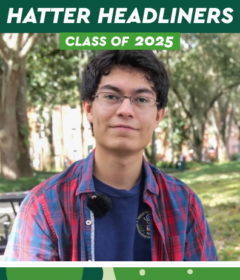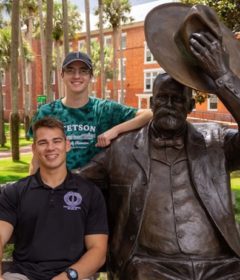Visiting Professor receives Fellowship to conduct Environmental Research
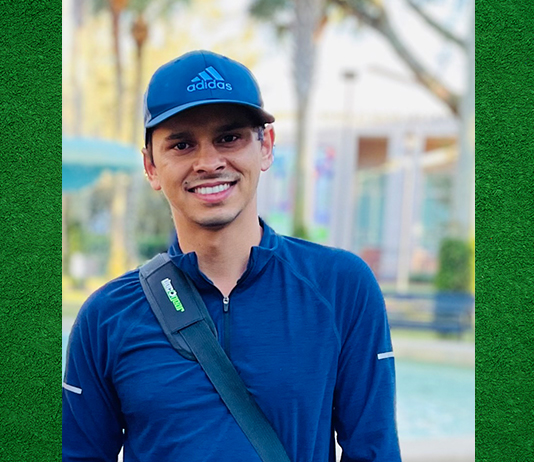
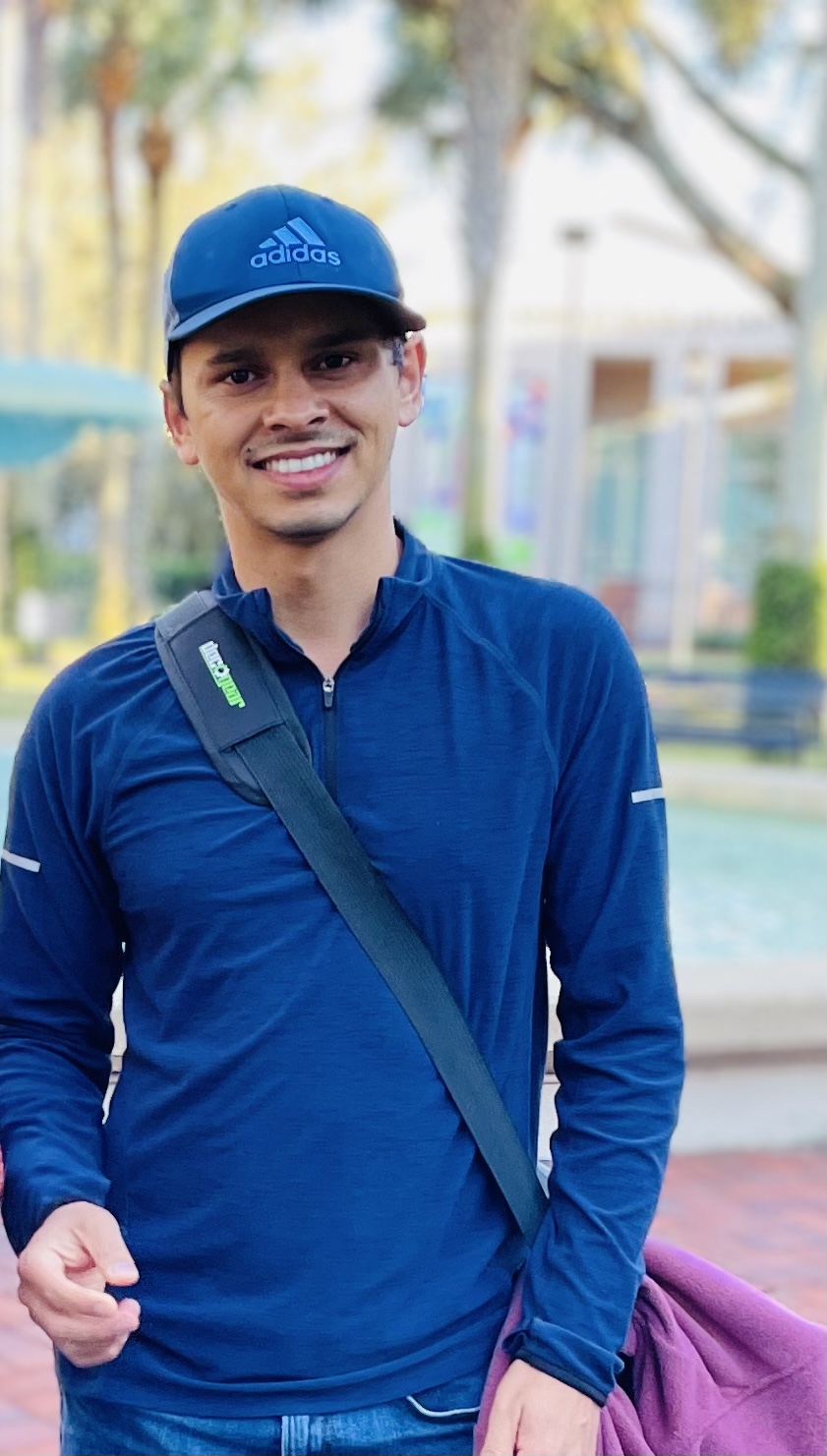
Archbold Biological Station has awarded the David S. Maehr Florida Wildlife Corridor Applied Science Fellowship to Janardan Mainali, PhD, a post-doctoral researcher at Stetson University’s Institute for Water and Environmental Resilience.
The Florida Wildlife Corridor is an 18 million-acre connected network of public and private lands stretching from the Everglades north to Georgia and west to Alabama. It is primarily designed to protect connections between wildlife habitats and is about 55% conserved, so far.
Last year, the Florida Legislature unanimously passed, and Gov. Ron DeSantis signed, the Florida Wildlife Corridor Act, formally recognizing the geography and providing funds for state land conservation activities. Along with other key groups, including the Florida Wildlife Corridor Foundation, Wild Path, Conservation Florida and Live Wildly, Archbold is championing the Corridor vision — to conserve natural and agricultural lands of value to wildlife all across the state.
The David S. Maehr Fellowship aims to catalyze the science needed to effectively and efficiently conserve the Florida Wildlife Corridor, and the ecological (e.g., wildlife, water and ecosystem processes) and societal (e.g., ecosystem service, recreational and agricultural) benefits it provides. The fellowship is named in honor of Dr. David Maehr, renowned conservation biologist known internationally as a world expert on large carnivores, most notably Black Bear and Florida Panther. Maehr was a faculty member at the University of Kentucky and conducted research at Archbold Biological Station for 25 years. His work helped form the backbone of knowledge on which the Florida Wildlife Corridor geography and conservation campaign are built, and he trained and mentored many students and scientists who have gone on to careers in conservation. He was conducting an aerial survey of Highlands County Black Bears with friend and colleague Mason Smoak, prominent leader in the Highlands County agricultural community, when they were tragically lost when their plane went down southwest of Lake Placid, Florida, in 2008.
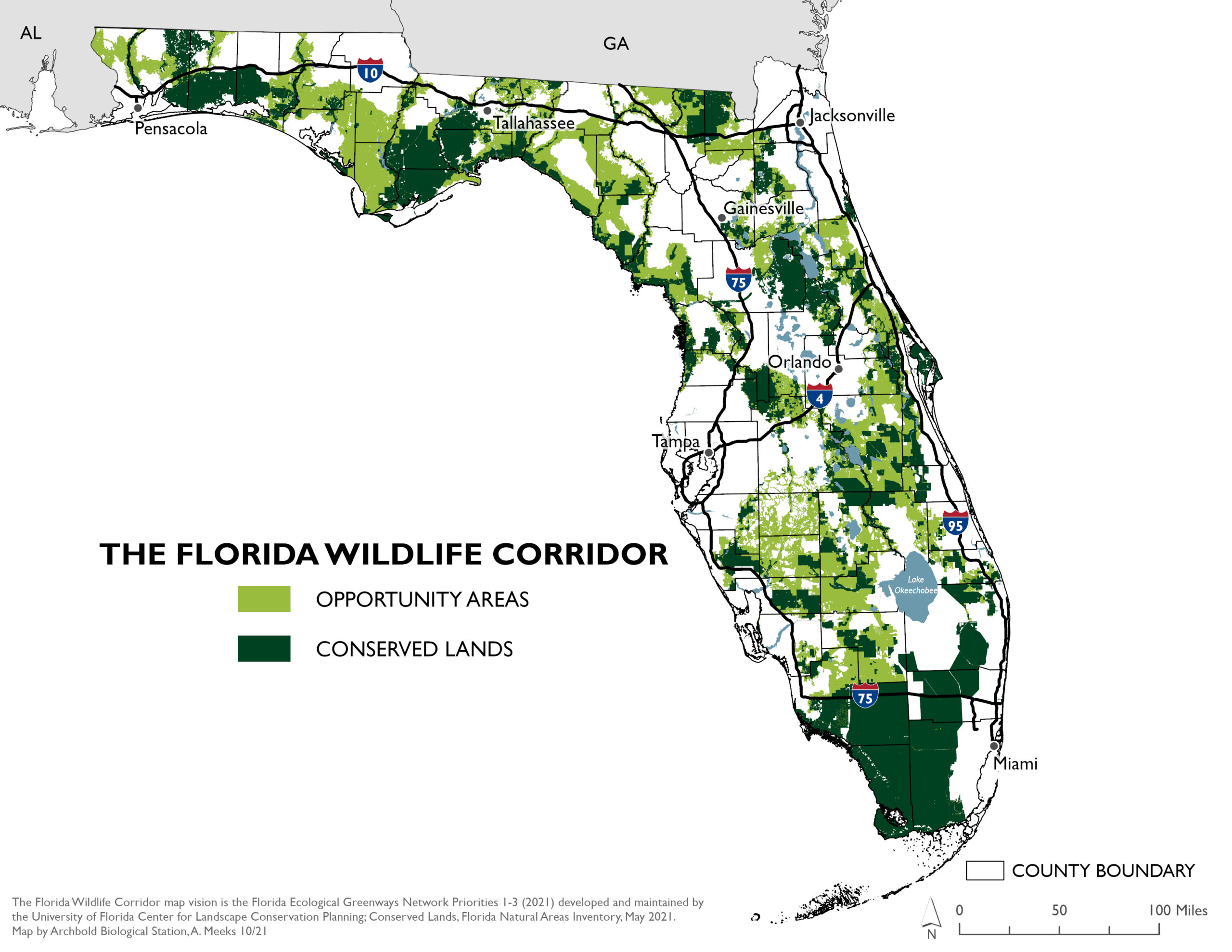
At Stetson, Mainali is a visiting Brown Teacher-Scholar Fellow in environmental resilience. He was born and raised in a remote mountainous village in Nepal. He earned a BS and MS from Tribhuvan University in Nepal, and was awarded a Fulbright scholarship to study at the University of North Carolina Wilmington, where he earned a second master’s degree. He received a PhD from Portland State University.
His project, “Spatial Patterns of Landscape Modifications and Their Relationships to Aquatic Habitat Quality in East Central Florida”, aims to examine the relationship between human-impacted land use and the health of aquatic ecosystems in East Central Florida, which includes sections of the Florida Wildlife Corridor that are most imperiled by urban development. The project will identify opportunity areas for more robust protection of land and aquatic ecosystems within the current Florida Wildlife Corridor boundaries, while also seeking to increase regional connectivity of aquatic ecosystems.
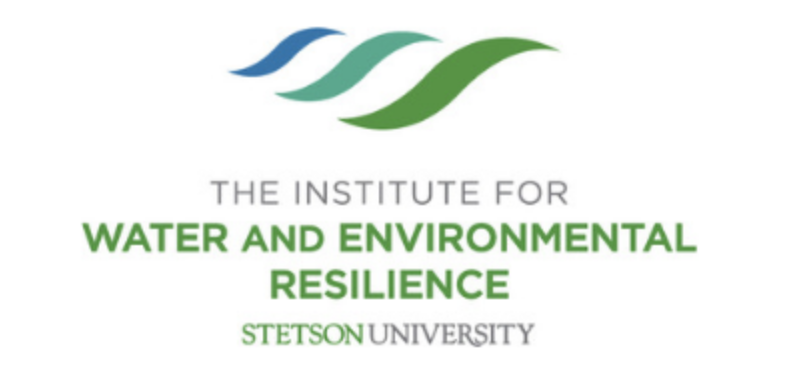
Mainali explained, “Here in Central Florida, humans frequently interact with aquatic ecosystems, such as wetlands, lakes, rivers and the ocean. Our proposed scientific research funded by this award will examine the relationship between people and aquatic ecosystems and contribute to protecting the water quality of wetlands, lakes and rivers.”
He continued, “We also plan to explore loss of connectivity in natural ecosystems, such as fragmented habitats, and how more urban development has impacted aquatic ecosystems in this region. We hope our results will help inform decision-making for the Florida Wildlife Corridor and suggest ways to: protect upland terrestrial habitats; increase the habitat quality of the aquatic ecosystem; and advocate for a better understanding of the land-water connectivity.”
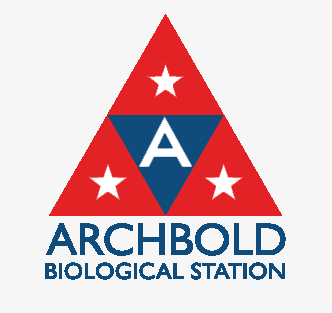
The East Central Florida Regional Planning Council is serving as the primary community partner for Mainali’s project and will work closely with Archbold, Stetson’s Institute for Water and Environmental Resilience, local and state governments, and other stakeholders to apply the results into the conservation elements of the East Central Florida Regional Resilience Action Plan.
Archbold’s Director of Conservation Joshua Daskin, PhD, said, “We look forward to collaborating with the work Dr. Janardan Mainali and his collaborators at Stetson University and the East Central Florida Regional Planning Council have proposed, and helping to turn their science into conservation action outcomes to help protect the Florida Wildlife Corridor.”
–Archbold Biological Station
Venus, Florida


